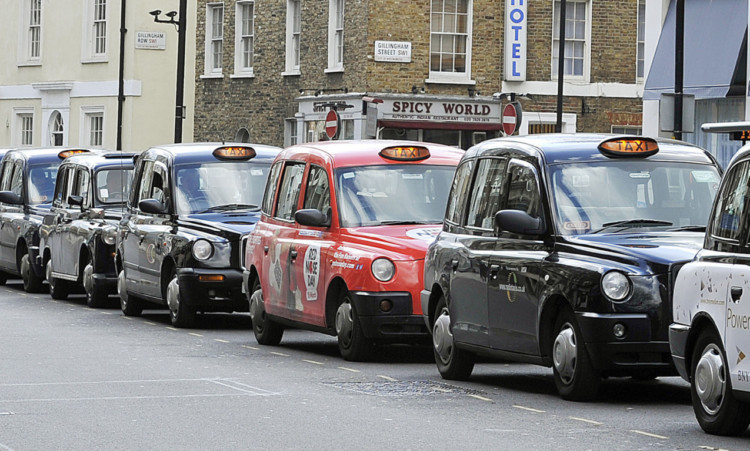
Anger as hospital patients are being denied access to ambulances.
Thousands of ill patients are being rushed to hospital in taxis after dialling 999.
One ambulance trust is sending up to 13 taxis a day to take patients to hospital after receiving “emergency” and “urgent” mercy calls.
During 2013 the North East Ambulance Service had 2,609 patients brought to A&E departments in taxis.
Astonishingly, 71 journeys were aborted because the patient was not there when their ride arrived. Critics have blasted the revelations.
Labour’s Shadow Health Minister and Copeland MP Jamie Reed said: “This is deeply worrying.
“When someone in an emergency urgently requires an ambulance, they do not expect a taxi to arrive instead.
“What’s worse is that more than 70 taxis were sent yet returned to the hospital without the patient.
“The Government must do more to relieve pressure on ambulance services to protect patients.”
Last night the North East Ambulance Service said taxis are only sent to patients who dialled 999 when their condition isn’t deemed serious.
Figures released under Freedom of Information revealed the Trust’s total taxi bill for taking patients to hospital was £493,000 in 2013, including emergency calls and patient transfers.
Neighbouring North West Ambulance Service said it “does not arrange for private taxis to convey patients to A&E in these circumstances.”
The revelations come only months after The Sunday Post found police cars in the North East had been used to take patients to hospital on 164 occasions between September, 2012, and October, 2013.
Barry Coppinger, Cleveland’s Police and Crime Commissioner, said his officers regularly had to take patients to hospital because no ambulances were available.
Joel Byers, secretary of the North East Ambulance Service branch of Unison, said he was hugely concerned about the safety of patients being transported in taxis.
He said: “What checks are they doing on these people?
“When you have an urgent job sometimes they turn out to be worse than an emergency job.
“What care is a taxi driver going to give a patient in a cab?
“Somebody can look healthy one minute and then collapse the next.”
Mr Byers claimed ambulance trusts are being forced to place all of their specialist resources into meeting the Government’s eight-minute response times for serious cases at the expense of less serious calls which are not vetted as closely.
He added: “We don’t have enough two-man vehicles.
“We have paramedics on their own who are supposed to look at a patient, diagnose them and decide if they need to go to hospital.”
A spokesman for the North East Ambulance Service (NEAS) said: “If anyone thinks we are taking emergency patients to hospital in a taxi, they have got the wrong end of the stick.
“While a call might come through on the emergency 999 line, this does not mean the situation is a medical emergency.
“Other calls that come through on 999 may need the patient to go to hospital, but not be so serious that we have to despatch a paramedic.
“In these instances NEAS, like all other ambulance services in the UK, may book a taxi.
“Ambulances are reserved for emergency incidents where an individual is at risk.
“NEAS is currently the highest performing ambulance service in England and Wales, for reaching the most urgently in need patients within eight minutes.”
A Department of Health spokesperson said: “All 999 calls to the ambulance service are assessed on priority and paramedics are dispatched to the most serious cases first.
“Taxis should never be used for patients in emergency or life-threatening situations.
“It’s up to individual ambulance trusts to decide how resources are used to meet local demand.”
Have you been taken to hospital in a taxi after calling 999? Call Ben Robinson on 01768 213074 or email brobinson@sundaypost.com.

Enjoy the convenience of having The Sunday Post delivered as a digital ePaper straight to your smartphone, tablet or computer.
Subscribe for only £5.49 a month and enjoy all the benefits of the printed paper as a digital replica.
Subscribe